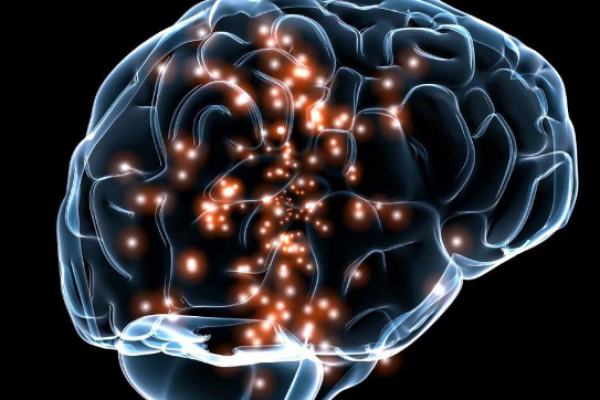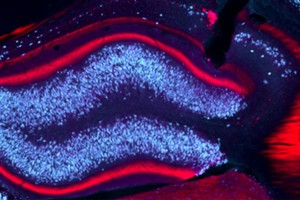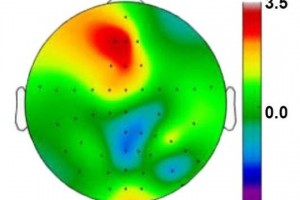Neuroscientists develop potential tools for the study of brain function
A team of University of Missouri neuroscientists are inching closer to developing the tools needed to decipher the brain.
A team of University of Missouri neuroscientists are inching closer to developing the tools needed to decipher the brain. In 2015, the team received a National Science Foundation Early Concept Grant for Exploratory Research (EAGER) award to investigate a newly discovered class of proteins that are turned on by heat. Now, the team demonstrates how these proteins can be used as tools to regulate the activity of individual neurons in the brain through changes in temperature. These tools will advance fundamental brain research and potentially lead to "deep brain stimulation" treatments used for Alzheimer's and Parkinson's patients.
Thermogenetic tools, which utilize heat to act as a 'switch' to turn neuron functions on, are expanding the horizons of brain research by allowing us to control specific neurons in the brain and measure behavioral changes. The goal of this fundamental research was to identify more of these special proteins, laying the foundation so that, in the future, scientists have a better understanding of how neuronal circuits function.
The researchers focused on a family of genes that encode taste receptors found in fruit flies. Surprisingly, some of these taste receptors also are activated by heat and thus play a role in detecting environmental temperature.
Using a specially designed heat chamber that allows precise control of the environmental temperature, they were able to show that the Gr28bD protein (one member of the family) can control behavior in these flies, using temperature as a "brain switch."
Gr28bD could become a powerful tool in controlling neuronal activity and studying how neuronal circuits function. Since this protein is not found in any mammal, it emerges as a good candidate for the development of novel thermogenetic tools to be used for basic research and potentially one day in humans.
Further study of thermogenetics could lead to the development of deep brain stimulation tools as a part of the national Brain Research through Advancing Innovative Neurotechnologies (BRAIN) project.
This research highlights the power of translational precision medicine and the promise of the proposed Translational Precision Medicine Complex (TPMC) at the University of Missouri.
Science daily





Related Posts